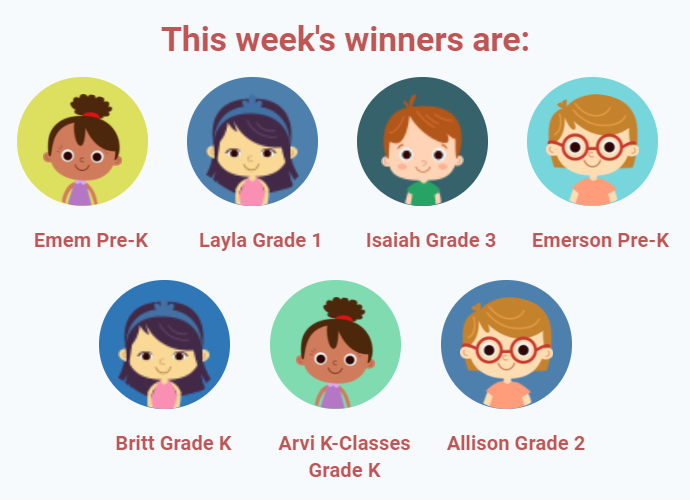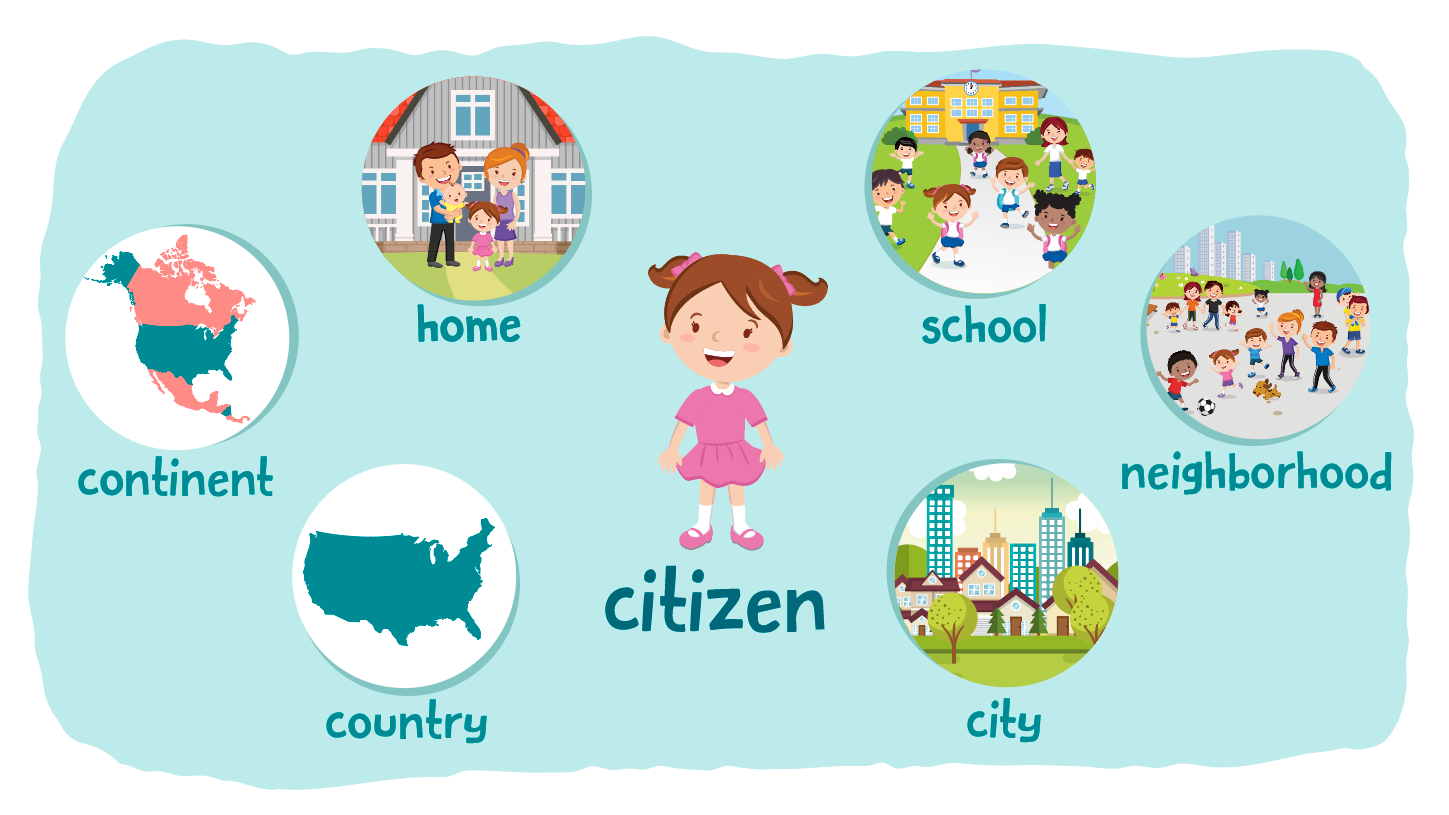Learning about ecosystems Worksheets for 8-Year-Olds
5 filtered results
-
From - To
Explore captivating worksheets designed to introduce 8-year-olds to the fascinating world of ecosystems! These engaging activities are tailored to spark curiosity and enhance understanding of diverse biomes, food chains, and the relationships between living organisms. Each worksheet encourages critical thinking through fun exercises like matching, fill-in-the-blanks, and colorful diagrams, making learning interactive and enjoyable. With these resources, young learners will develop a solid foundation in ecological concepts while honing their reading and comprehension skills. Perfect for classroom use or at-home educational adventures, these worksheets foster a deeper appreciation for the environment and the intricate connections that sustain life on our planet.


Pollinator Positions Worksheet
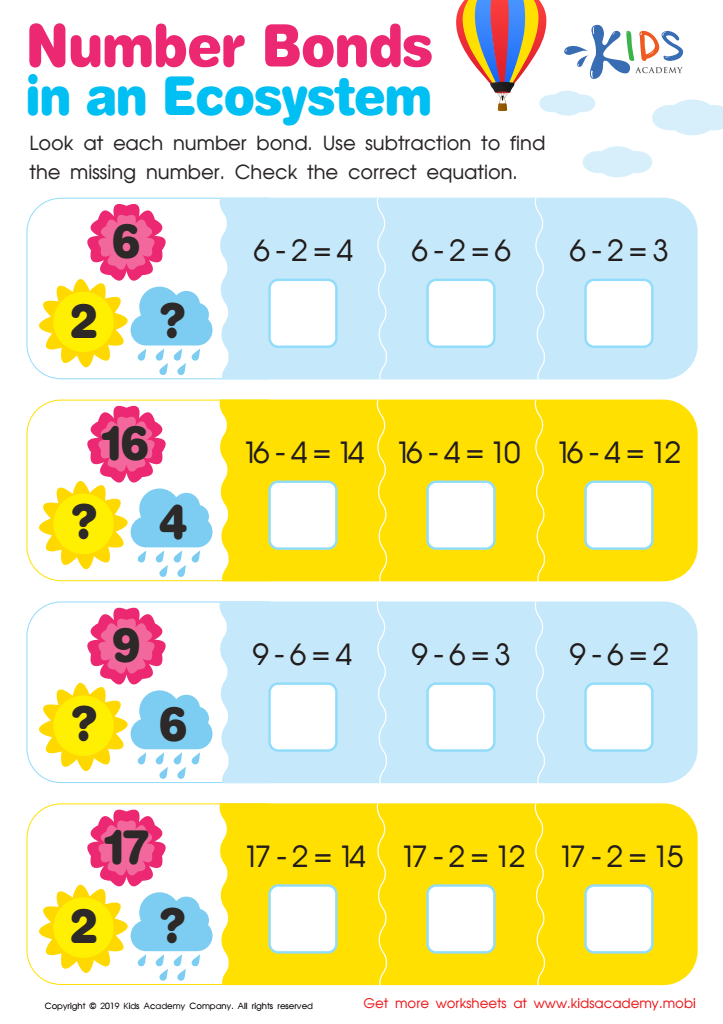

Number Bonds in an Ecosystem Worksheet
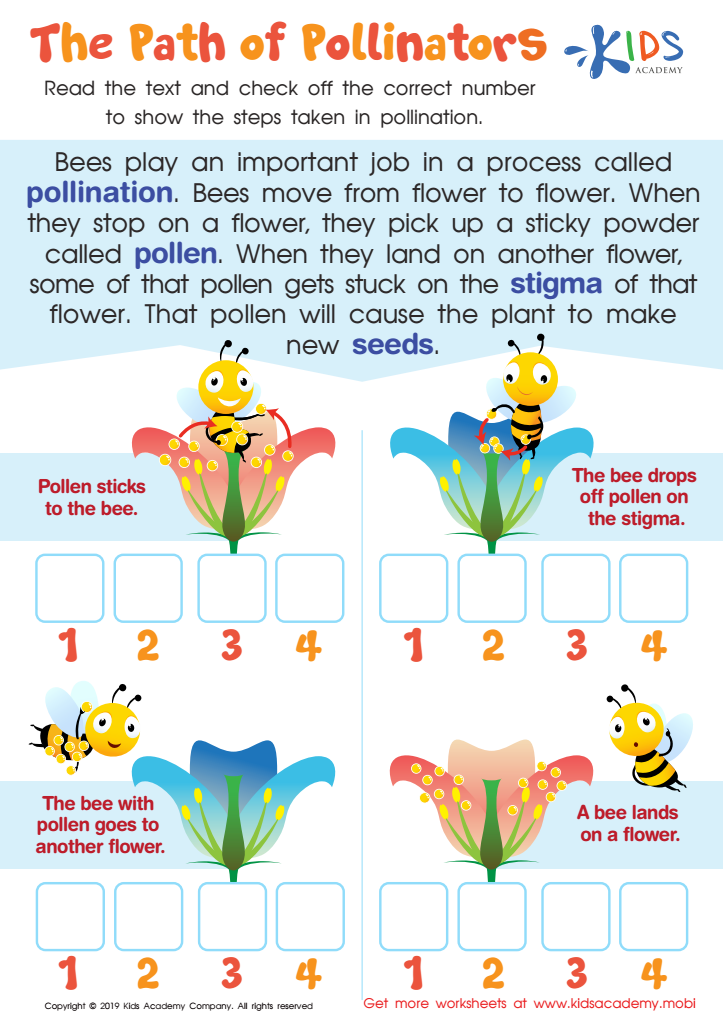

The Path of Pollinators Worksheet
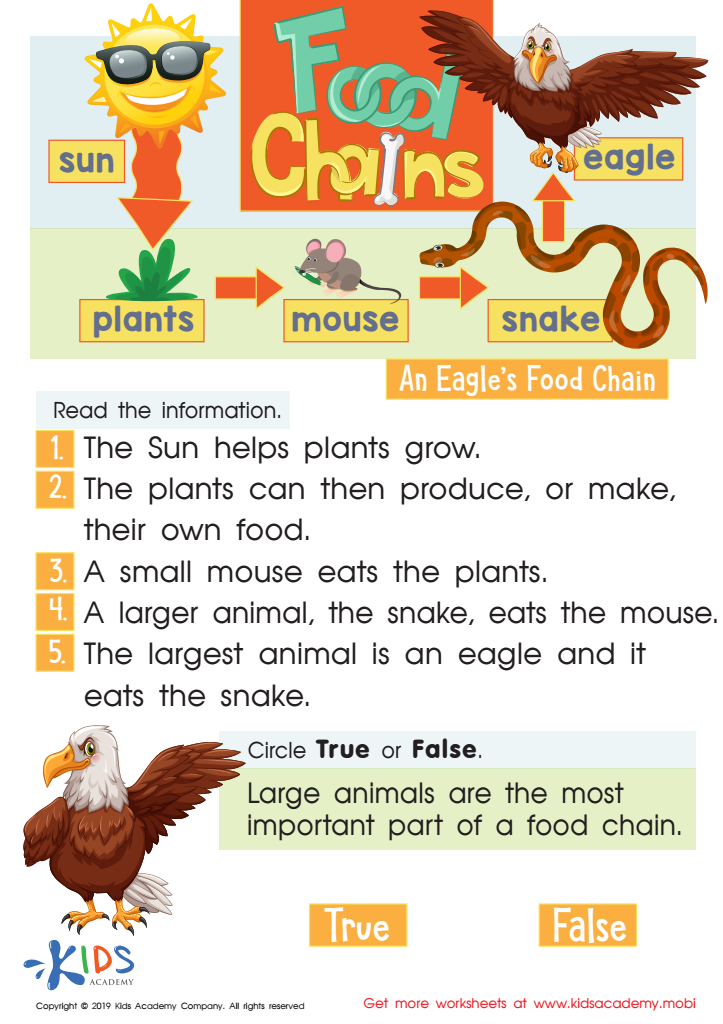

Food Chains Worksheet
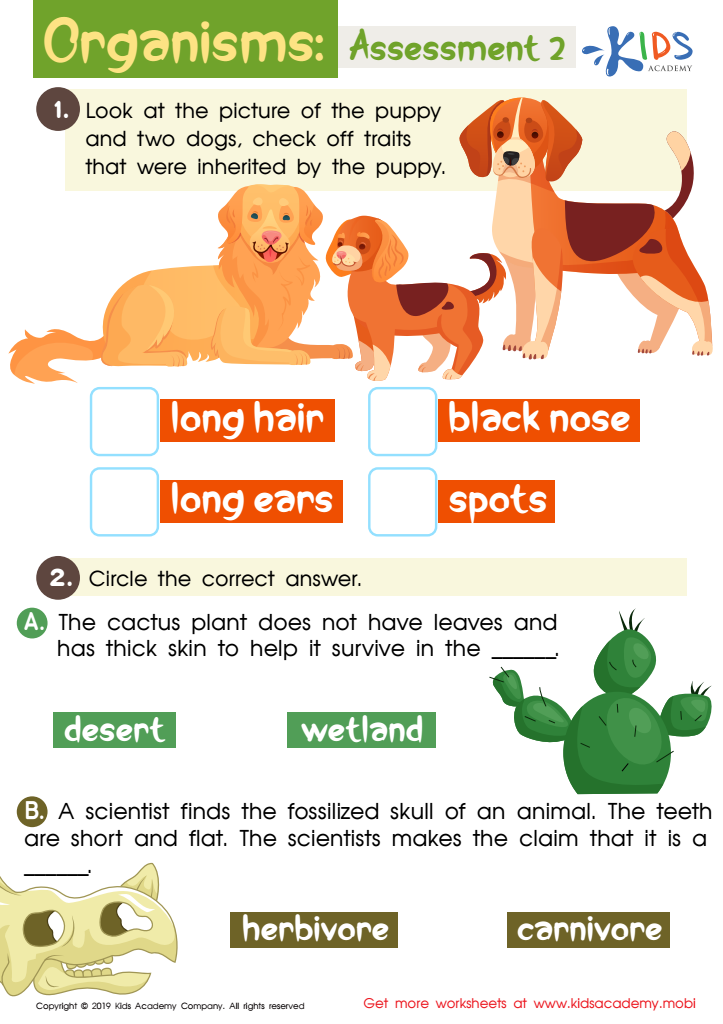

Organisms: Assessment 2 Worksheet
Learning about ecosystems is essential for 8-year-olds as it lays the groundwork for environmental stewardship and awareness. At this age, children are naturally curious and eager to explore the world around them. By understanding ecosystems, they grasp how living organisms interact with each other and their environment, which fosters a sense of connection to nature.
Parents and teachers play a crucial role in nurturing this curiosity. Ecosystem education can enhance critical thinking and observational skills when children engage in hands-on activities like nature walks or experiments. It promotes empathy and responsibility towards the environment, encouraging kids to consider their impact on the planet.
Moreover, learning about ecosystems ignites passions for science and nature, potentially guiding future career interests in conservation, biology, and environmental science. This foundational knowledge also supports discussions about climate change and sustainability, equipping children with the understanding needed to address important global issues in the future.
Finally, by investing time in teaching about ecosystems, parents and teachers can cultivate informed and proactive citizens who respect and protect the natural world, ensuring a healthier planet for generations to come.

 Assign to My Students
Assign to My Students



